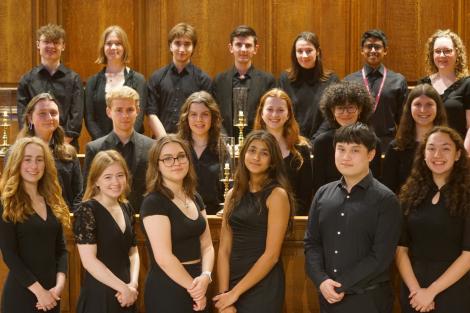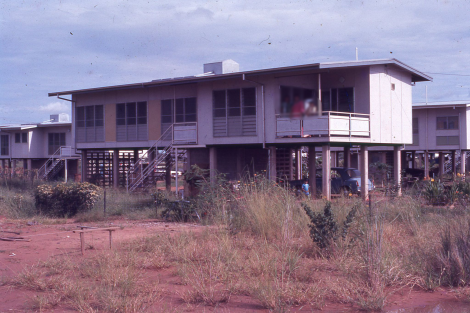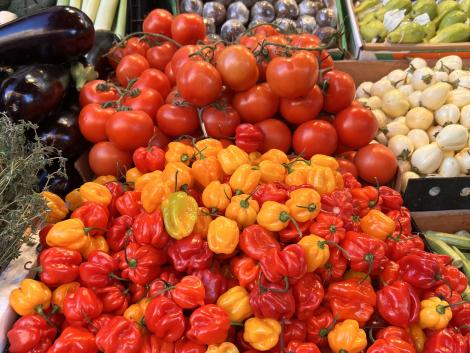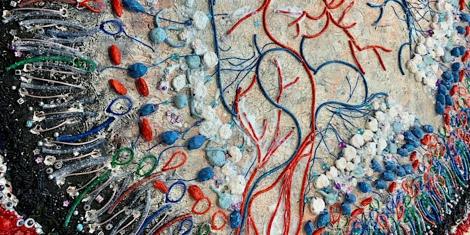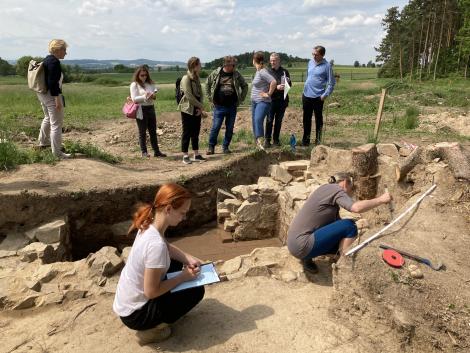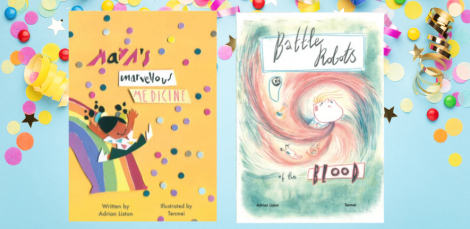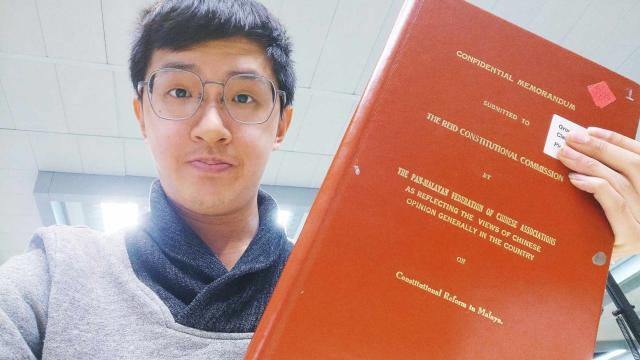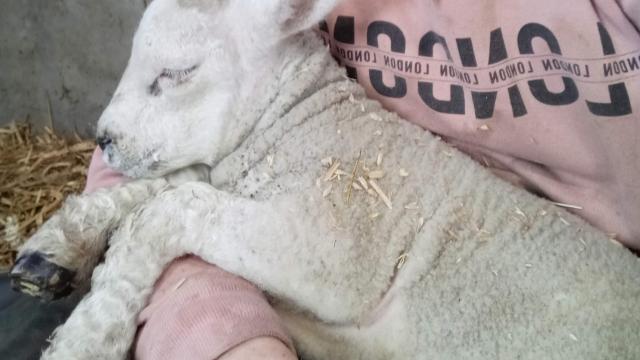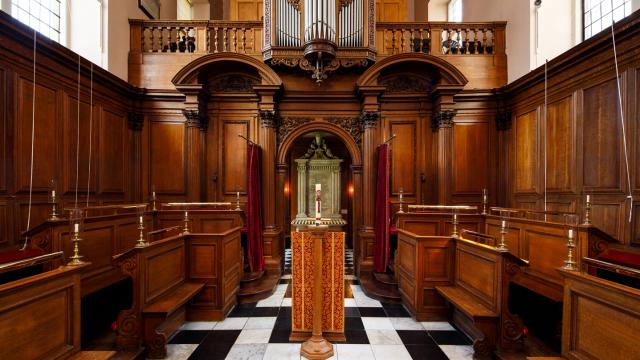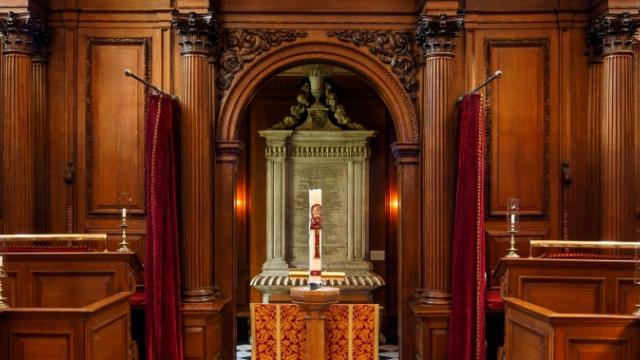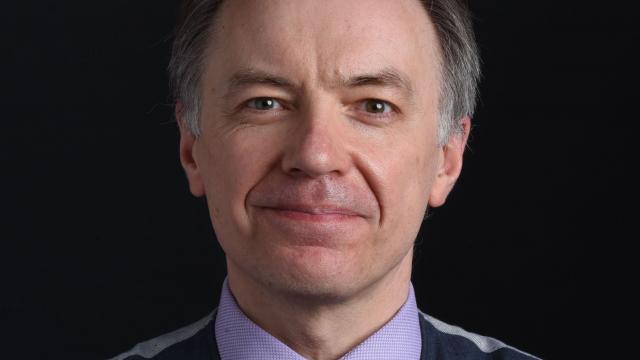
Members of the St Catharine’s community are sharing their special interests during the upcoming Cambridge Festival, a series of public events supported by the University of Cambridge from 13 March to 28 March 2024.
electro//acoustic day
12.30–8pm 14 March | West Road Concert Hall
This day of concerts will bring together classical instrumental, vocal repertoire and cutting-edge electronic music. The first concert at 1–2pm includes pieces contributed by Annie Chown and Sam Thackray (both third-year Music undergraduates), and a joint performance by St Catharine’s College Choir and the choir of Girton College.
Cambridge Creative Encounters
10am–5pm daily from 14 March until 28 March, with a celebratory launch event on 17 March | West Hub, University of Cambridge
Cambridge Creative Encounters is a public engagement project that brings together University of Cambridge researchers looking for creative ways to communicate their research, with creative professionals. This unique exhibition showcases creations that transform some of the world’s most burning questions into art in novel and creative ways.
The exhibition includes poems written by Seetha Tan (2020, Sociology), an alumna who has returned to St Catharine’s for a PhD in Sociology. Seetha’s poems were inspired by the period that she has spent in London during her PhD fieldwork and explore the relationship between food, migration and identity: part notes or observations from her research, part reflections on her own family history and how she mediates her personal identity through food.
Frankie Gardner, an English PhD student, will also be involved in the launch event. She will be presenting for the very first time a short film based on her research, called "Making Light of Essays | Making Essays of Light". It was made in collaboration with creative professional Sarah Gomes Harris through the Cambridge Creative Encounters project.
Just add water
11am–12pm, 1.30–2.30pm & 4–5pm on 16 March | BMS Lecture Theatre, Yusuf Hamied Department of Chemistry
Water is all around us – most of the planet’s surface is covered with it, and it is the main substance inside you. This exciting demonstration by St Catharine's alumnus and Fellow Professor Peter Wothers (1988, Natural Sciences; Fellow 1997) will explore some of the surprising properties and reactions of this substance that you thought you knew so well.
How can a drop of water start a fire or cause an explosion? Why can’t you put a chip pan fire out with water, or boil an egg on Mount Everest? Come along and find out the answers to these questions and more!
Expect loud bangs; consequently, this event is more suitable for children aged 5+ years. Supported by the Walters Kundert Charitable Trust.
Sensory Science
1–5pm on 18 March | McGrath Centre, St Catharine’s College
Sensory Science is a science communication art concept, started by Professor Jamie Rossjohn and Dr Erica Tandori in Melbourne, Australia, making its way for the first time to the UK. The project aims to communicate science in a multi-sensory manner, to make the exhibit more inclusive to people with disabilities, with a particular focus on the blind and low vision community.
Dr Tandori has now teamed up with scientists at Cambridge’s Department of Pathology, and artists from Anglia Ruskin University, to create a unique series of sci-art exhibits focused around Neuroimmunology, Intracellular Bacteria, Coeliac Disease and Cervical Cancer. The art works they have created showcase the key concepts and recent research in these areas of pathology, in a multi-sensory, tactile and audio manner. The exhibit is suitable for the blind and low vision community, or anyone who wants a new perspective on sci-art.
Sensory Science is supported by the British Society for Immunology, the Biochemical Society, the John Lucas Walker Fund, and St Catharine’s College. The event is organised by St Catharine’s Fellow Professor Adrian Liston (2023), Dr Erica Tandori, Dr Julia Johnson and Chalo Waya (a St Catharine’s PhD student based at the Department of German and Dutch), and the scientific and artistic teams that include further students from the College:
- Chloe Brown (a Master’s student at the Faculty of Education)
- Faith Wershba (a History & Philosophy of Science & Medicine MPhil student)
- Kim Ngan Luu Hoang (a Pathology PhD student)
- Rachel Jackson (a Medicine PhD student)
- William Lan (a Medical Sciences MPhil student)
Diversity in the immune system
6–7.30pm on 20 March | Department of Pathology
We know everyone is different, but our immune system is by far the most variable part of our body.
From person to person, our immune system can be programmed in radically different ways, leading to some people being susceptable or resistant to a range of different inflammatory and autoimmune diseases, not to mention infections and cancers.
In this public seminar, Professor Liston will explore why exactly we have such radically different immune systems from person to person. Is it age? Gender? Environment? And is this diversity good or bad?
Archaeology versus the Nazis
6–7pm on 22 March | Virtual event
Despite the widespread belief that the Nazis left detailed written records of everything, they are also well-known among scholars for covering up their crimes by destroying evidence. This has led to forgetting and – even worse – denial and distortion of the Holocaust. But what role can archaeology play in uncovering new evidence?
Led by Dr Gilly Carr (2006), a Fellow in Archaeology of St Catharine's as well as a UK delegate to the International Holocaust Remembrance Alliance, this online session reveals the work of conflict archaeologists and the work they have done in uncovering Nazi crimes, proving the truth of the Holocaust, and revealing that which has been denied.
Free – sign up to join online.
Enchanting tales for young explorers
11am–12pm on 23 March | Department of Pathology
Children aged 4–8 years are invited to embark on an enchanting journey through the pages of two captivating books authored by Professor Adrian Liston: Maya’s Marvellous Medicine, and Battle Robots of the Blood.
The infection game
10am–4pm on 23 March | Department of Pathology
Developed by a group at the Babraham Institute led by Professor Liston, Virus Fighter is an online game which engages members of the public with the science behind infections, immunity and vaccinations.
When germs such as viruses get into our body they often hide inside our cells. Your immune system is there to help you seek out the pesky pathogens. In this game, your job is to be your immune system. Find the cells with germs hiding in them!
A history of the periodic table by Professor Peter Wothers
6–7pm on 23 March & 3–4pm on 24 March | McGrath Centre, St Catharine’s College
The periodic table brings order to the 118 known elements. In these two sold-out lectures, Professor Wothers will look at the development of the table from the time when the elements first began to be recognised, through the 1860s when several workers independently suggested their own versions, eventually leading to the current familiar form in use today.
The very earliest forms of the periodic table will be on display at St Catharine’s, to accompany the lecture. Examples include Mendeleev’s famous version from 1869, alongside what is regarded as the very first recognised periodic table from seven years earlier.
Nourishing Mother Cambridge
8–10pm on 27 March | Old Divinity School, St John’s College
Scattered across Cambridge are reliefs depicting a 400-year-old university emblem. It shows a woman, naked, with milk pouring from her breasts onto an inscription placed below: ALMA MATER CANTABRIGIA. This is the source of the Americanism, ‘alma mater’. The inscription translates as NOURISHING MOTHER CAMBRIDGE.
‘Nourishing Mother Cambridge’ is a documentary film that tells the story of how the world has changed during the University’s lifetime, and of the people who live in Cambridge today and how this history has shaped them. The film received funding from the Master’s Fund at St Catharine’s and four members of the College have been involved in its development:
- Cian Jones (2019, History),
- Theo Jesson (2020, HSPS),
- Miruna Tiberiu (a final-year Modern and Medieval Languages undergraduate) and
- Olivia Townsend (a final-year History undergraduate).
The screening will be followed by a Q&A with the filmmakers.
